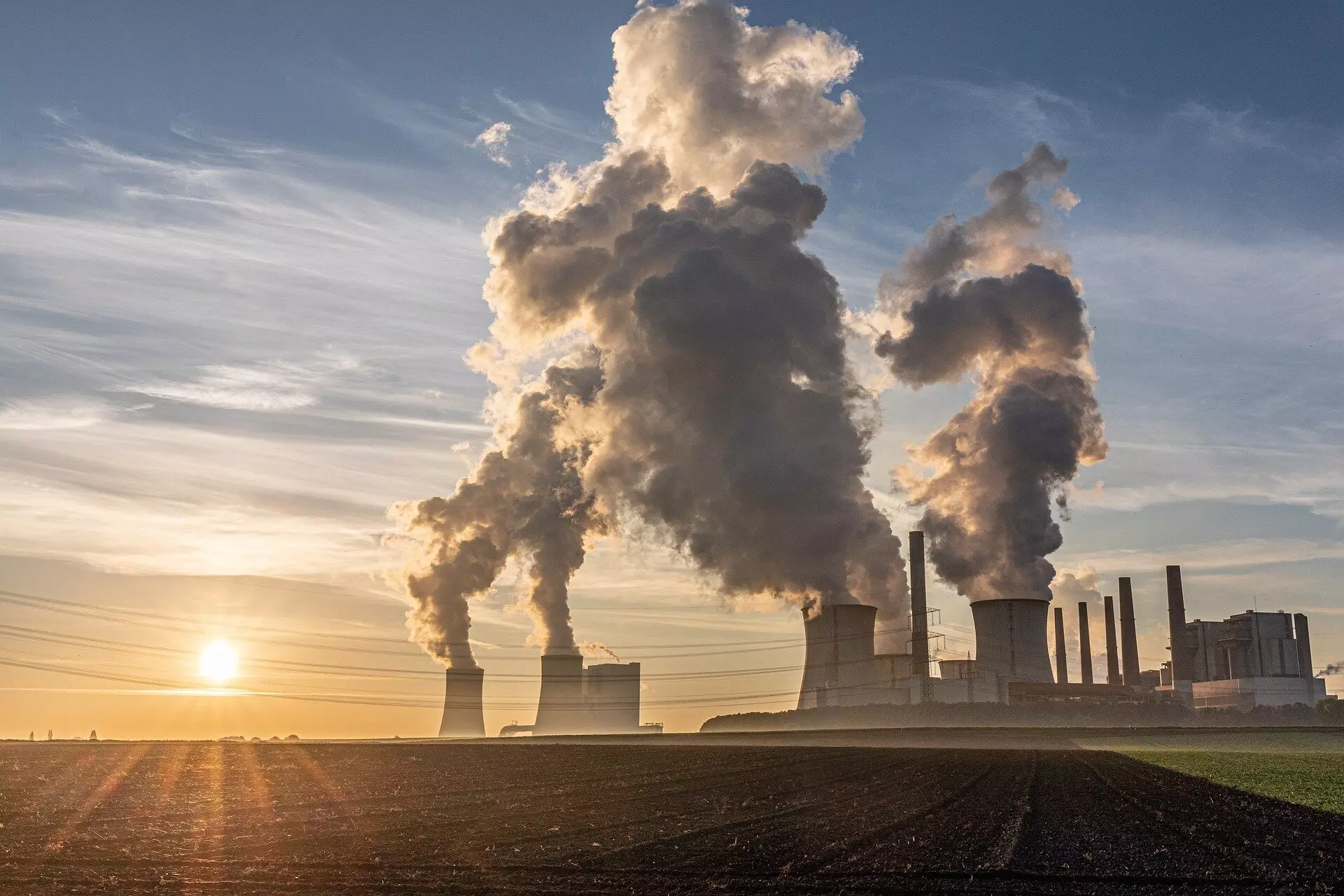Global carbon emissions from fossil fuels have once again reached record levels in 2023, as revealed by recent research conducted by the Global Carbon Project science team. The 18th annual report, published in the journal Earth System Science Data, estimates that fossil carbon dioxide (CO2) emissions will reach 36.8 billion metric tons in 2023, marking a 1.1% increase from the previous year. While certain regions, such as Europe and the U.S., have managed to reduce their fossil CO2 emissions, the overall global trend is a concerning rise. Unfortunately, the action required to curtail fossil fuel usage and prevent detrimental climate change is not progressing at a fast enough pace.
Although the report highlights a projected slight decrease in emissions from land-use change, primarily caused by deforestation, current levels of reforestation and afforestation are inadequate to offset these emissions. Consequently, the report estimates that total global CO2 emissions, including those from both fossil fuel usage and land-use change, will amount to 40.9 billion metric tons in 2023. These levels are similar to those recorded in 2022, indicating a disheartening ten-year period of emission plateau. Achieving the substantial reduction in emissions required to meet global climate targets remains a considerable challenge.
The research team behind this report is composed of numerous institutions worldwide, including the University of Exeter, the University of East Anglia, CICERO Center for International Climate Research, Ludwig-Maximilian-University Munich, and 90 other organizations. Professor Pierre Friedlingstein, from Exeter’s Global Systems Institute, acted as the lead researcher for this study. Friedlingstein emphasizes the undeniable evidence of climate change impacts but expresses disappointment at the sluggish pace of carbon emission reduction: “The impacts of climate change are evident all around us, but action to reduce carbon emissions from fossil fuels remains painfully slow.” Furthermore, he asserts the probability of missing the 1.5°C target set by the Paris Agreement, suggesting that urgent fossil fuel emission reductions are necessary to maintain even the 2°C target.
This research also examines the remaining carbon budget before consistently breaching the 1.5°C target over several years, rather than just for a single year. Based on current emission levels, the Global Carbon Budget team estimates a 50% chance of consistently exceeding 1.5°C global warming within approximately seven years. Nevertheless, notable uncertainties surround this estimate, primarily due to uncertainties related to the additional warming caused by non-CO2 agents. The 1.5°C target is approaching the current warming level, making precise predictions challenging. Regardless, it is clear that time is swiftly running out to meet the 1.5°C target and avert the severe consequences of climate change.
Professor Corinne Le Quéré, a Royal Society Research Professor at UEA’s School of Environmental Sciences, acknowledges that current efforts to combat carbon emissions are insufficient in breadth and depth to drive global emissions towards Net Zero. Nevertheless, she observes slight shifts in emissions trends, showcasing the effectiveness of climate policies when implemented. However, global emissions at their present rate are rapidly increasing the concentration of CO2 in the atmosphere, leading to worsened climate change impacts. Quéré stresses the urgency for all countries to expedite the decarbonization of their economies in order to mitigate the dire consequences of climate change.
As per the report, emissions in 2023 are projected to rise in India by 8.2% and in China by 4.0%, while the EU is anticipated to experience a decline of 7.4% and the U.S. a decline of an unspecified amount. These regional emissions trends demonstrate the variations in efforts to combat carbon emissions across different parts of the world.
The research report paints a sobering picture of increasing global carbon emissions and the need for urgent and comprehensive action to address this issue. It highlights the slow progress in reducing fossil fuel usage, the insufficient offsetting of emissions from land-use change, and the diminishing time left to meet crucial climate targets. The collective effort of nations, accelerated decarbonization, and the implementation of effective climate policies are essential to combat the escalating threat of climate change and safeguard the future of our planet.


Leave a Reply